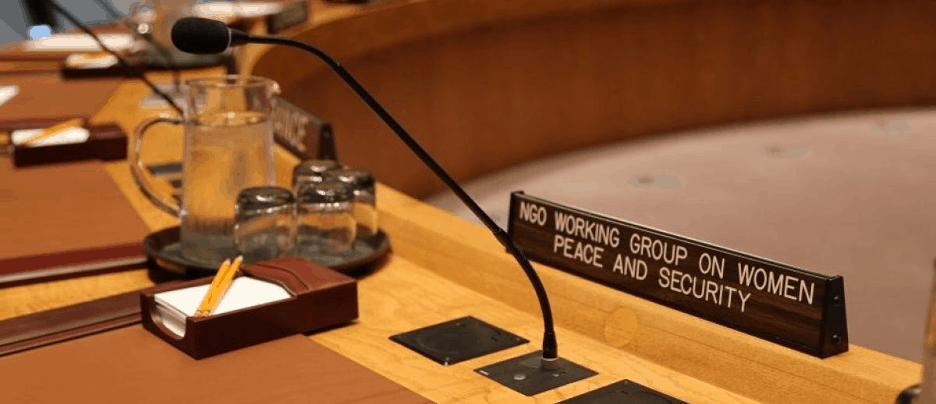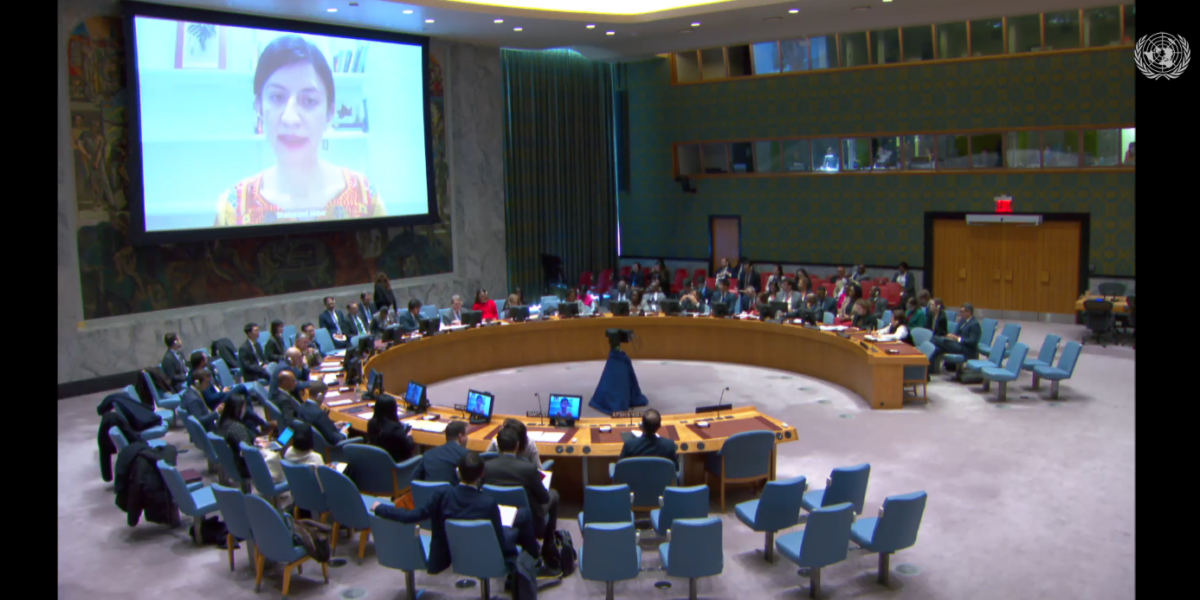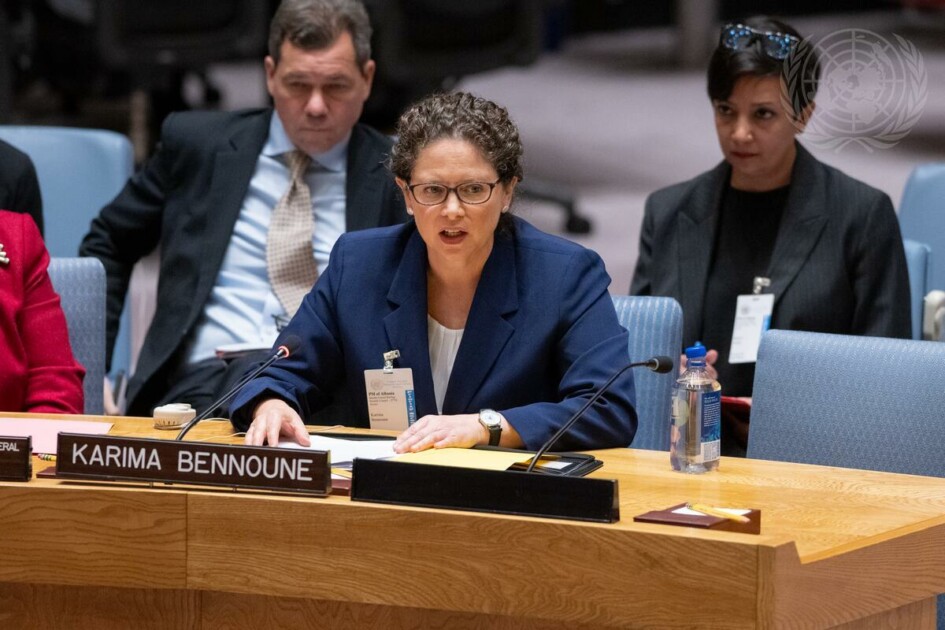Afghanistan
Afghanistan
Afghanistan has been engulfed in violent armed conflict since the fall of the Taliban regime in 2001, and efforts to build sustainable peace while preventing the re-establishment of extremist rule depend on the inclusion of women.
Living in the most dangerous place in the world to be a woman, as the Thomas Reuters Foundation revealed in 2011, Afghani women have emerged as leaders in the peace process— advocating constantly for more inclusive government, and inspiring marginalized groups nationwide to demand a place in the political system. Despite the important role that Afghani women play in bringing about social change in Afghanistan, many barriers to their involvement still exist.
Based on the work of NGOWG members and their partners, the NGOWG advocates for eliminating these barriers by encouraging UNAMA to support the Afghan government in fully implementing the National Action Plan on Women, Peace and Security (NAP), and ensuring women’s full and equal participation in regularly held elections.
Current and Past Recommendations to the UN Security Council (Monthly Action Points)
The Secretary-General’s report and Council debate in September should review national and international efforts to advance women’s human rights, and women’s integration into the political, economic and social life of Afghanistan, as per SCR 1917 (OP6d, OP12, OP21, OP23, OP33-35). This is particularly important given Afghanistan’s in September elections. The Council is urged to:
- Consider hearing directly from an Afghan woman human rights defender at the open debate on Afghanistan.
- Ensure that Afghan authorities and UN member states increase measures to protect women and girls from gender-based violence and bring suspected perpetrators to justice, in fair trials and without recourse to the death penalty.
- Demand that the Afghan government does not trade away human rights, including the rights of women and girls, for reconciliation with the Taleban and other insurgent groups. Any reconciliation agreement must not include new legislation or changes in implementation of existing legislation that would restrict rights currently guaranteed in the Constitution of Afghanistan.
- Ensure that Afghan women are meaningfully represented in the planning stages and during reconciliation talks, in line with Afghanistan’s obligations under international human rights law and SCRs on Women, Peace and Security.
Given the Council’s scheduled October mandate renewal of the International Assistance Force in Afghanistan (ISAF), the Council should ensure that the quarterly reports on ISAF operations are timely, and include information on the implementation of the four SCRs on Women Peace and Security, as requested in SCR 1890 on ISAF’s mandate.
The Secretary-General’s report and Council debate in September should review national and international efforts to advance women’s human rights, and women’s integration into the political, economic and social life of Afghanistan, as per SCR 1917 (OP6d, OP12, OP21, OP23, OP33-35). This is particularly important given Afghanistan’s in September elections. The Council is urged to:
- Consider hearing directly from an Afghan woman human rights defender at the open debate on Afghanistan.
- Ensure that Afghan authorities and UN member states increase measures to protect women and girls from gender-based violence and bring suspected perpetrators to justice, in fair trials and without recourse to the death penalty.
- Demand that the Afghan government does not trade away human rights, including the rights of women and girls, for reconciliation with the Taleban and other insurgent groups. Any reconciliation agreement must not include new legislation or changes in implementation of existing legislation that would restrict rights currently guaranteed in the Constitution of Afghanistan.
- Ensure that Afghan women are meaningfully represented in the planning stages and during reconciliation talks, in line with Afghanistan’s obligations under international human rights law and SCRs on Women, Peace and Security.
Given the Council’s scheduled October mandate renewal of the International Assistance Force in Afghanistan (ISAF), the Council should ensure that the quarterly reports on ISAF operations are timely, and include information on the implementation of the four SCRs on Women Peace and Security, as requested in SCR 1890 on ISAF’s mandate.
Relevant Resources










